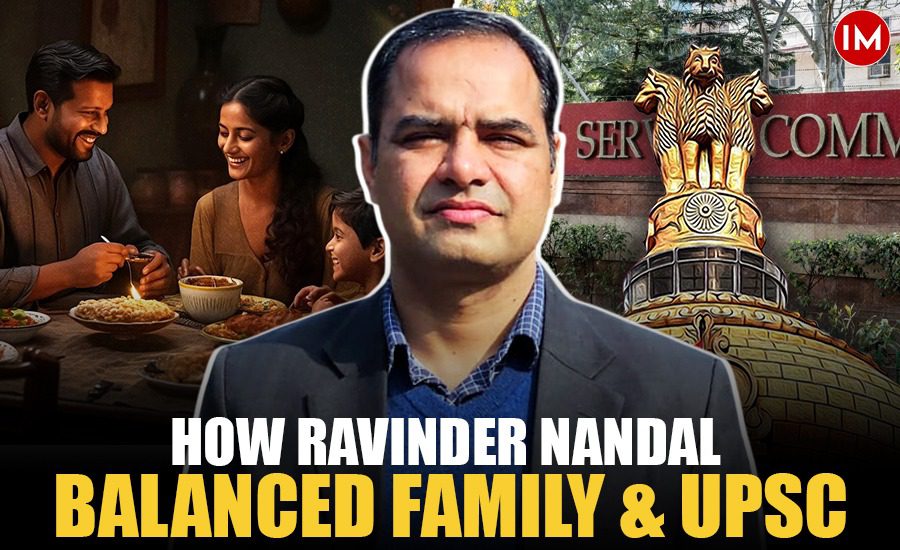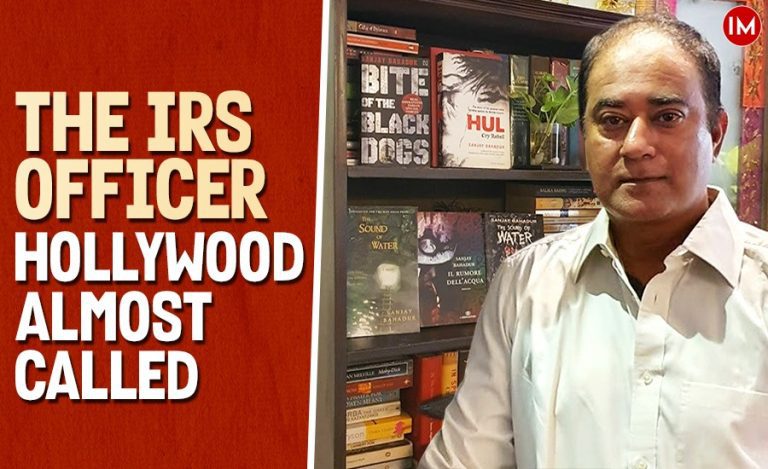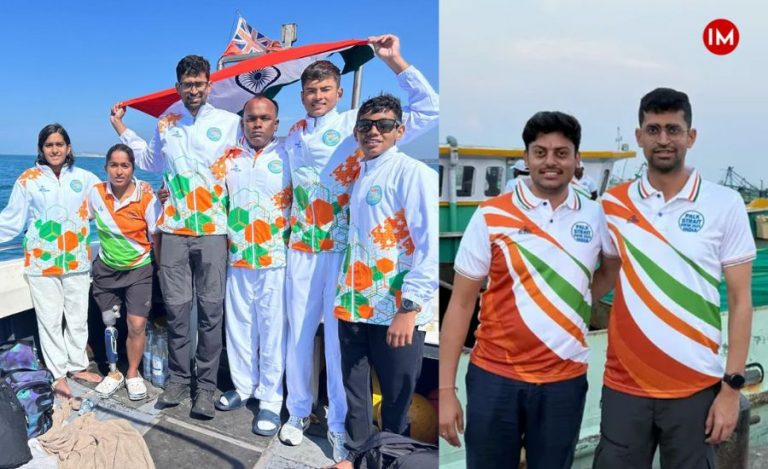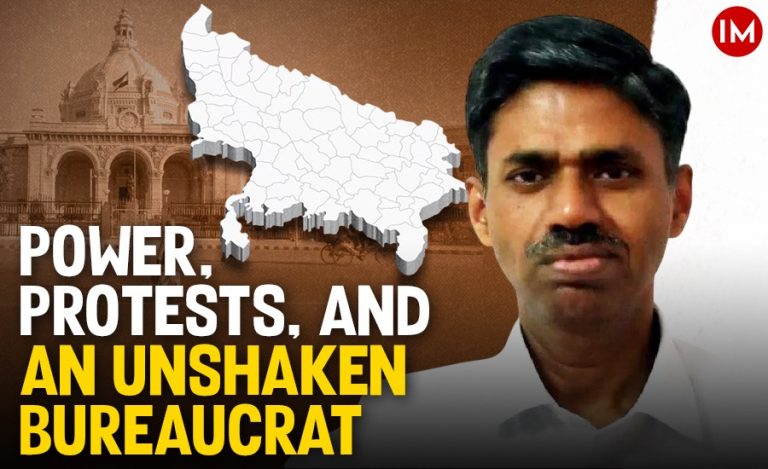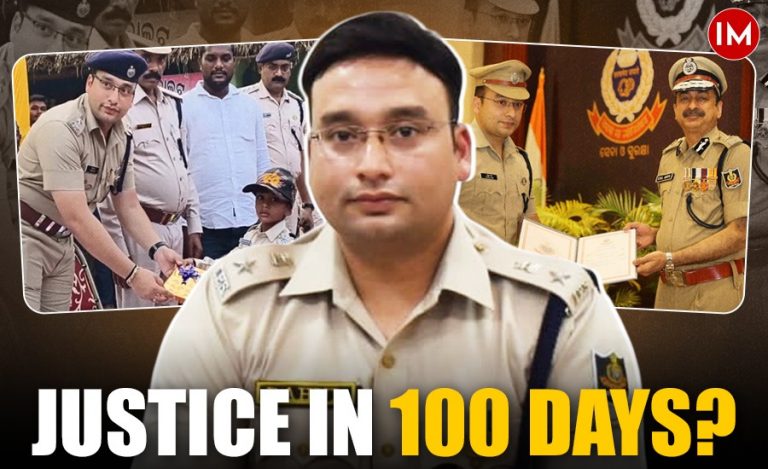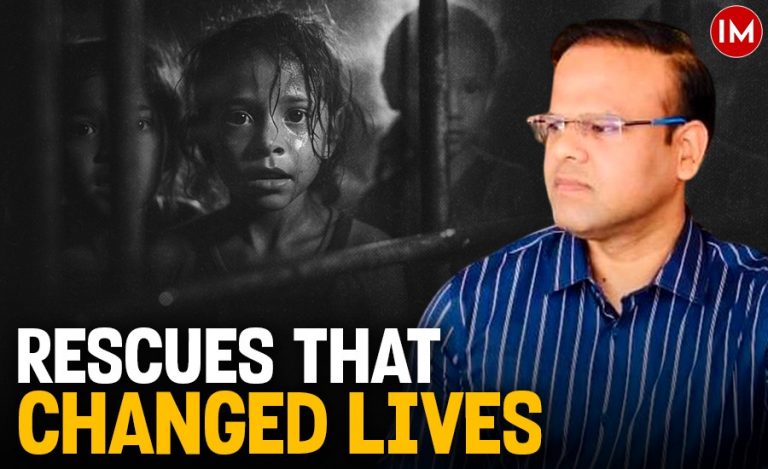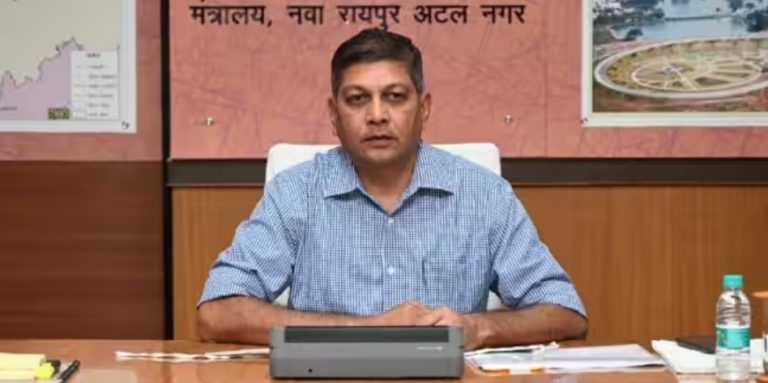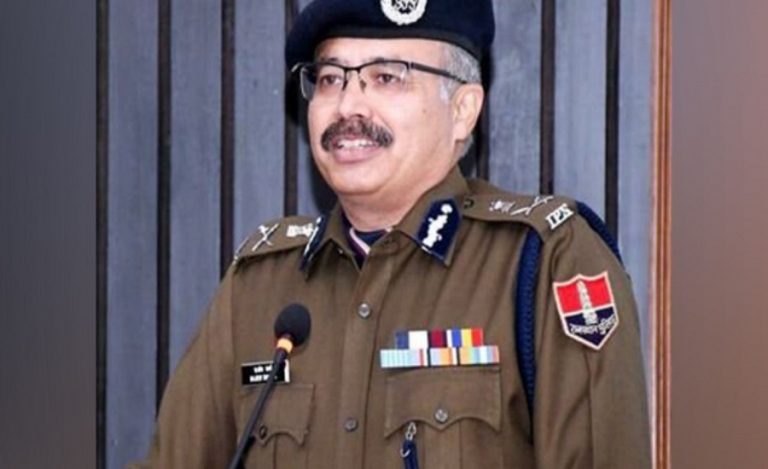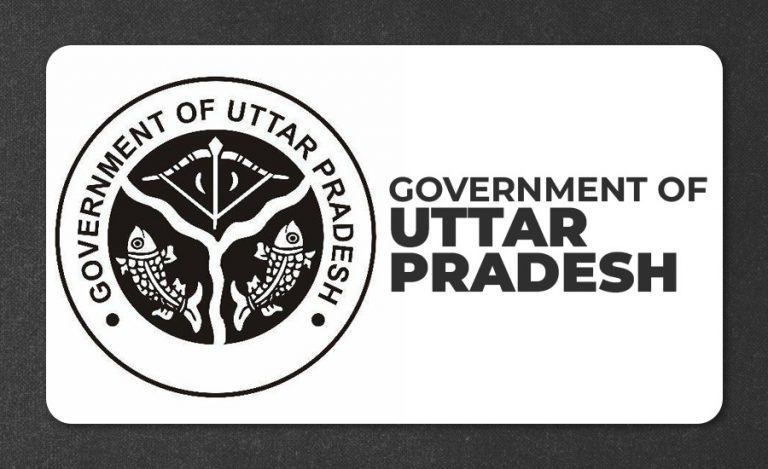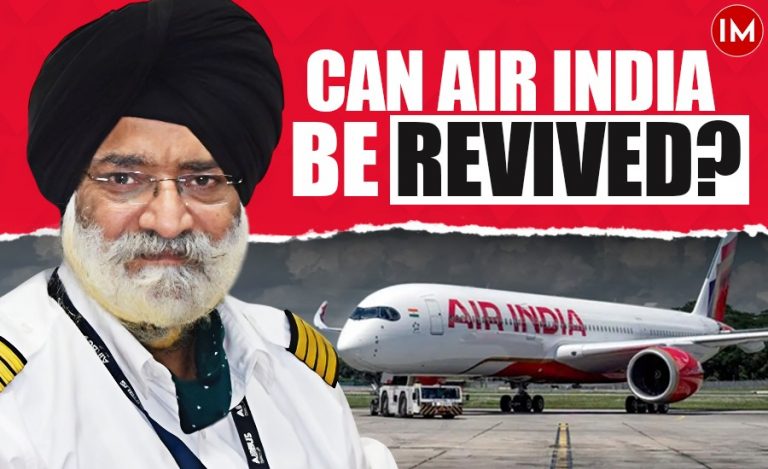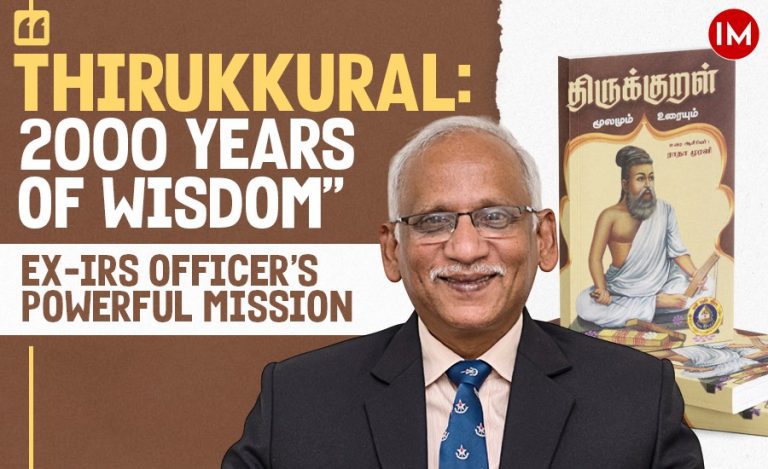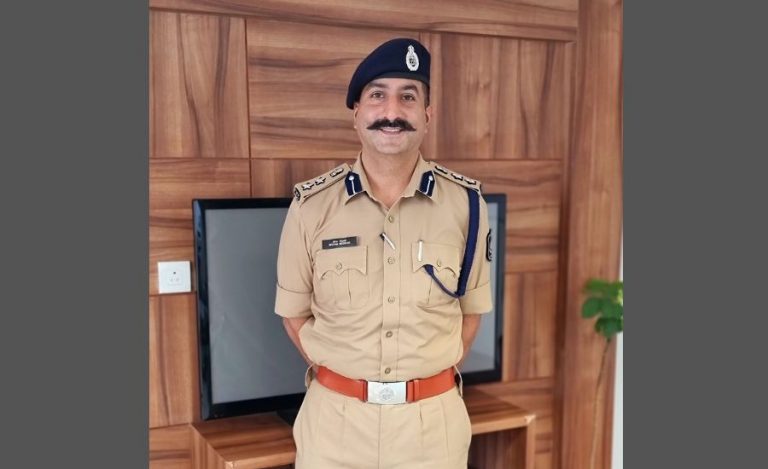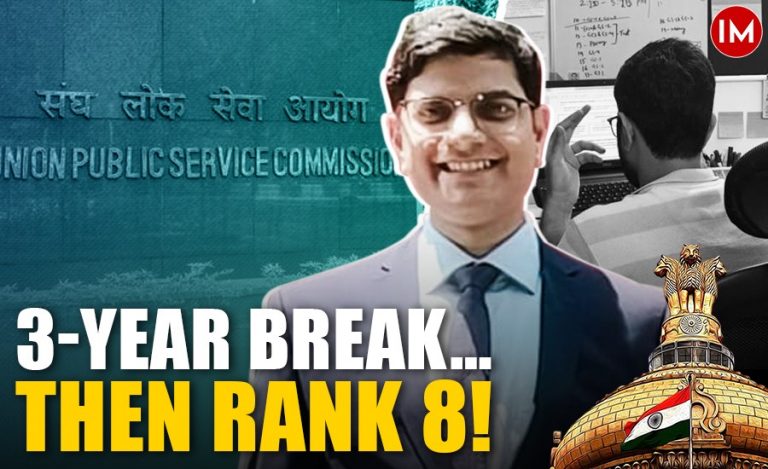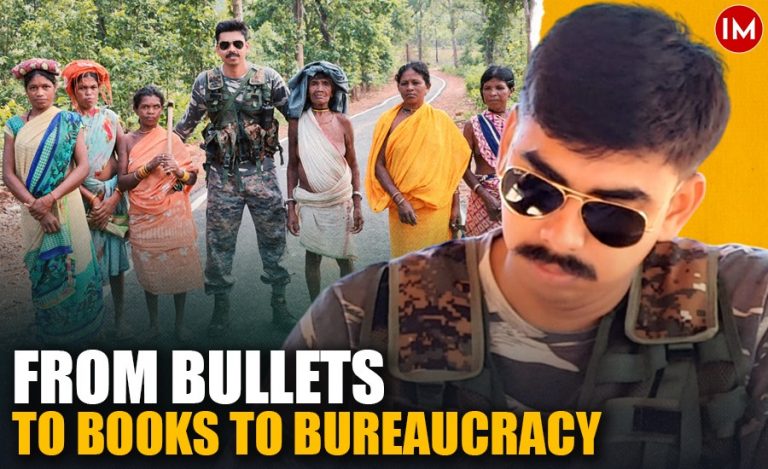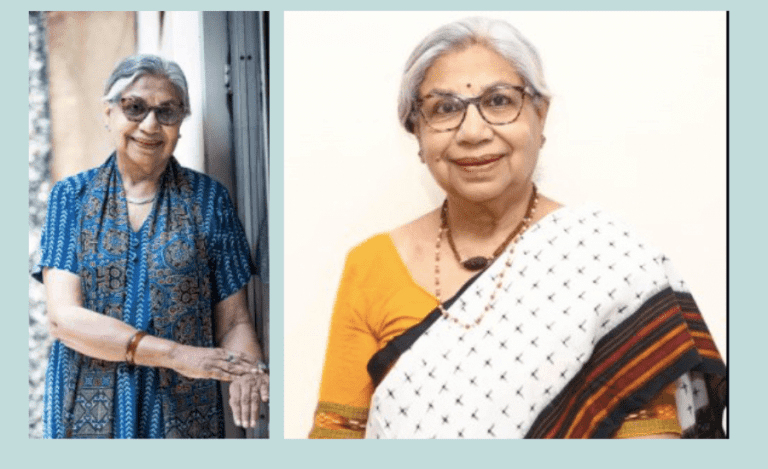In Bohar, a village in Haryana’s Rohtak district where farming life sets the pace, Ravinder Nandal’s story began in quiet, familiar surroundings. His father worked as a chowkidar in the Irrigation Department, and his mother looked after the home while managing cattle. Their life was modest, but their values laid a strong foundation. Today, as CEO of Bareilly Cantonment and an Indian Defence Estates Service (IDES) officer from the 2017 batch, Nandal reflects a journey shaped by consistent effort, self-direction, and public service.
A CHILDHOOD GROUNDED IN RURAL LIFE
Growing up, Mr Nandal’s days were spent helping his parents, especially during school breaks—feeding cattle, running errands, and learning responsibility early. Though neither of his parents had pursued higher education—his father had studied till class eight and his mother was barely literate—they believed education was the way forward.
“My parents always emphasised studies, even though they didn’t know much about higher education themselves,” Mr Nandal told Indian Masterminds. “They gave us the freedom to choose our paths, which was both a blessing and a challenge.”
That freedom meant Mr Nandal had to navigate career decisions on his own. In early 2000s Haryana, guidance on competitive exams was scarce, and the internet was still out of reach. Even so, he followed his academic interests and completed a Master’s in Biotechnology from Maharshi Dayanand University, Rohtak—an early step towards a wider horizon.
STARTING OUT: POLICE, RESEARCH AND CHOICES
In 2008, while finishing his postgraduation, Mr Nandal joined Delhi Police as a Sub-Inspector. Balancing training with final semester exams was demanding.
“The initial months were tough,” he recalls. “Police training was intense, and I wasn’t allowed leave for my exams, but I found support from kind colleagues who helped me manage.”
During training, he also cleared the CSIR NET-JRF exam and earned eligibility for a research fellowship. His father, unsure about the nature of police work, urged him to pursue research instead. But Mr Nandal chose to stay, wanting to support his family.
His time in the police became a learning experience, showing him the real-world complexity of public life.
“Working in the police gave me a front-row view of society,” he says. “You see people at their most vulnerable, and you learn to navigate situations where no one is fully satisfied—neither the public, your family, nor your superiors.”
By 2010, he cleared the SSC-CGL exam and joined the Ministry of Tourism as an Assistant Section Officer—a shift that gave him work-life balance and space to aim for the UPSC Civil Services Examination.
UPSC ATTEMPTS
The idea of civil services had been on Mr Nandal’s mind since college, but in those days, it felt out of reach. A professor at JAT College had suggested starting with exams like the SSC to build confidence. His first UPSC attempt in 2011, while still with Delhi Police, was more about testing the waters.
“I was 26, and with only four attempts allowed back then, I didn’t want to waste a chance,” he explained to Indian Masterminds.
Over the next six years, he gave five more attempts. Working full-time, he studied on weekends and relied on self-study—no coaching. His focus was on understanding the syllabus well, sticking to selected resources, and taking mock tests seriously. Social media was off-limits.
He reached the mains stage every time and cleared the interview round three times. The final breakthrough came in 2016, when he secured AIR 536 and joined the IDES.
“My wife never let me doubt myself,” he says. “Even when I was close to giving up, she kept me grounded and focused.”
Support also came from his seniors and mentors—people who adjusted leave schedules and offered honest advice. The encouragement of his family, especially his wife, Dr Manila Lather, was a key part of his preparation.
FATHERHOOD AND FINAL ATTEMPT
One personal milestone coincided with his final UPSC push—the birth of his child. Initially, Mr Nandal and his wife had postponed parenthood for the sake of exam preparation, but after multiple attempts, they chose to move forward with life.
“The innocence of a child is soothing,” he reflects. “Watching my baby’s persistence—trying to crawl or stand—reminded me to keep pushing forward with sincerity.”
His wife took on most childcare responsibilities, ensuring he could focus fully. That sense of balance and calm turned out to be crucial in his last and successful attempt.
AT WORK IN BAREILLY
Now serving as CEO of Bareilly Cantonment, Mr Nandal works on making the administration more accountable and efficient, with steady improvements in education, health, sanitation, and sports.
“There’s no quick fix,” he says. “You focus on processes and systems to create lasting change.”
Education-wise, smart classrooms have been introduced along with curated resources for NEET, JEE, and NDA aspirants. Sports facilities have improved, and career counselling is planned after the summer break. In healthcare, specialist doctors in orthopaedics, paediatrics, and gynaecology now serve the community, along with a new physiotherapy unit and better diagnostics.
Sanitation has been another key focus. The “Garbage to Gold Centre”, a modern waste disposal and recycling facility, has helped the cantonment achieve zero landfill. Road repairs and cleanliness drives have added to the quality of life in the area.
For IDES officer Ravinder Nandal, work is driven by a simple belief in doing his part well.
“Keep going. Time changes, and your efforts will be rewarded.”

